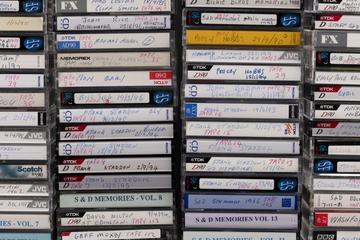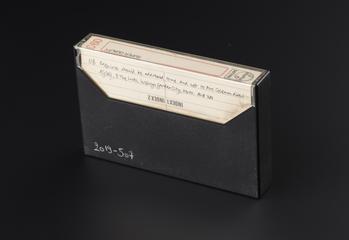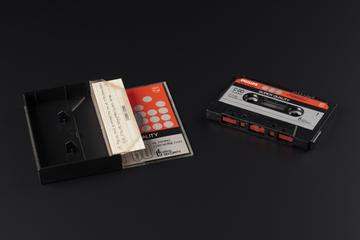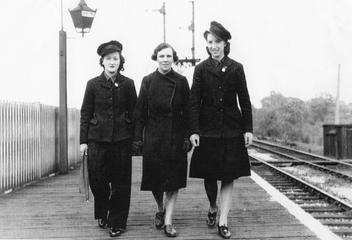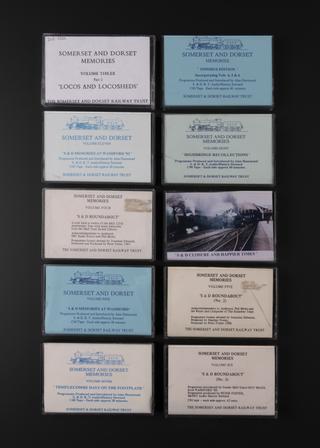
Paul Crowther interviewed by Frank Paterson
- Made:
- 2020-02-25 in London
- maker:
- Frank Paterson
Oral history interview with Paul Crowther, conducted and recorded by Frank Paterson at the interviewee's office in the British Transport Police Headquarters, London on 25 February 2020. Duration: 1 hr. 04 min. 32 sec. Joining British Transport Police (BTP) 1980; Detective Constable; Underground/London Transport Division; secondment to Metropolitan Police (Met); Inspector Waterloo 1992; Incident Commander at Hatfield accident 2000; Her Majesty’s Railway Inspectorate (HMRI); changes in major incident response due to privatisation; Investigating Officer for Potters Bar accident 2002; creation of Rail Accident Investigation Branch (RAIB); Hatfield manslaughter charges failed; Sir Ian Johnston; Area Commander Underground 2004; 7/7 bombings and subsequent failed attacks; Met merger rejected; became Chief Constable 2014; Privatisation seen as a threat 1993; transfer to Strategic Rail Authority (SRA); charging model for police services; Police Committee composition; James Jerram (Chair); attribution of crimes to operator; stakeholder involvement due to privatisation; delay attribution Schedule 8 payments; suicide reduction strategies
One of over 150 oral history recordings made as part of the Britain’s Railways All Change (BRAC) archive project. BRAC was set-up to cover gaps in documenting the railway privatisation process in the United Kingdom, between 1994 and 1997, when the government-owned British Rail was dismantled into over 100 privately-owned companies. The interviews capture the recollections of people involved in the planning and implementation of the privatisation process, the management of change and running the railway during privatisation.
Details
- Category:
- Oral Histories
- Collection:
- Britain's Railways All Change
- Object Number:
- 2020-353
- type:
- oral history interview
- copyright:
- Science Museum Group
- credit:
- Britain’s Railways All Change (BRAC) oral history archive, created in partnership with the Friends of the National Railway Museum, the Retired Railway Officers’ Society and the National Railway Museum.
